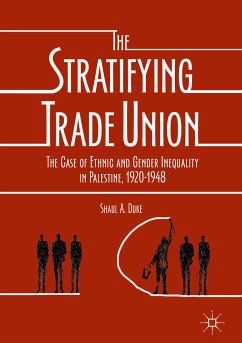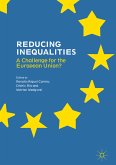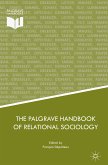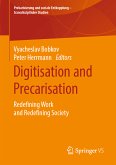This book examines a basic assumption behind most of the critical, progressive thinking of our times: that trade unions are necessarily tools for solidarity and are integral to a more equal and just society. Shaul A. Duke assesses the trade union's potential to promote equality in ethnically and racially diverse societies by offering an in-depth look into how unions operate; how power flows between union levels; where inequality originates; and the role of union members in union dynamics. By analyzing the trade union's effects on working-class inequality in Palestine during 1920-1948, this book shifts the conventional emphasis on worker-employer relations to that of worker-worker relations. It offers a conceptualization of how strong union members directed union policy from below in order to eliminate competition, often by excluding marginalized groups. The comparison of the union experiences of Palestinian-Arabs, Jewish-Yemeni immigrants, and Jewish women offers a fresh look into thelabor history of Palestine and its social stratification.
Dieser Download kann aus rechtlichen Gründen nur mit Rechnungsadresse in A, B, BG, CY, CZ, D, DK, EW, E, FIN, F, GR, HR, H, IRL, I, LT, L, LR, M, NL, PL, P, R, S, SLO, SK ausgeliefert werden.









